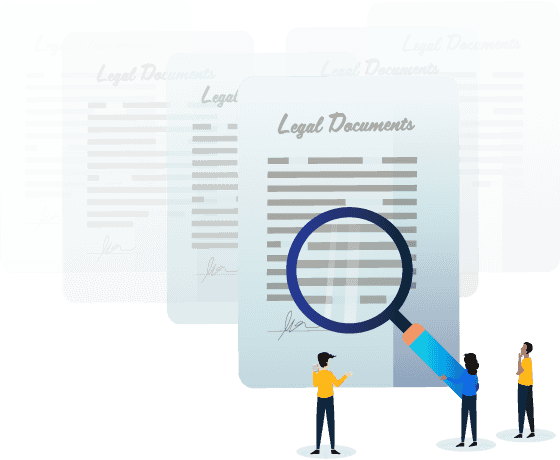Unpredictability can make lending money a risky venture. This article will explore how secured loans protect individuals from losing the money they lend and how they can recover the amount lent if the borrower cannot pay it back.
What is a secured loans?
To begin, a secured loan protects the person lending money against the risk of the borrower failing to repay the amount they’ve borrowed, also known as defaulting.
The way a lender is protected in this arrangement is via collateral. In other words, collateral is something that the borrower promises to give the lender if they cannot fulfil their obligations in exchange for receiving the loan. For instance, the borrower can offer assets like equipment, business inventory, vehicles or intangible assets such as bank accounts, copyright or shares. The lender uses the pledge of collateral as protection and will approve the loan. If the borrower defaults (fails to repay), the lender will have a right over the property promised. This is placing a ‘lien’ over property. Once collateral has been secured, the lender can register the arrangement as a ‘security interest’ through the Personal Property Securities Register. By registering, the lender can have an enforceable legal right over the borrower’s promise.
Some examples of a secured loan include:
- Mortgages.
- Business loans.
- Vehicle financing.
- Home equity loans.

Get your Loan Agreement now for free
Set out and clarify the terms of your loan with our legally-binding Loan Agreement.
Unsecured loans
Unlike secured loans, unsecured loans can be a lot riskier. A borrower’s credit rating will be looked at to determine the interest rate and the likelihood of them satisfying the conditions of the loan. You do not need collateral to arrange an unsecured loan. For more information on loans, take a look at our guide ‘What Are the Main Types of Business Loans’.
Some examples of unsecured loans include:
- Student loans.
- Credit cards.
- Overdrafts.
- A term loan (e.g. Afterpay).
Benefits & risks of secured loans
Secured loans provide lenders with greater security and borrowers with easier ways of accessing money if they have collateral to provide.
Some advantages of accessing secured loans include:
- Much lower risk of suffering if the borrower defaults.
- Lenders are able to offer lower interest rates.
- Borrowers can have access to higher borrowing amounts compared to an unsecured loan.
- Lastly, borrowers with weak credit ratings can access finances much easier due to the lower threshold requirements.
Some risks involved in arranging a secured loan can include:
- Longer processing times: lenders need to evaluate assets and obtain proof of ownership regarding the borrower’s property before they can approve the loan.
- Borrower runs the risk of losing their assets if they cannot fulfill their obligations under the arrangement.
- Lastly, secured loans are not as flexible: borrowers may not be able to spend the money they receive wherever they wish as some loans are conditional.
Furthermore, before seeking out a secured loan, it is important to assess your own circumstances as the right financing option might be best elsewhere and through different means. For more information on borrowing money, check out our guide ‘Financing Options for Small Businesses’.
Summary
- Secured loans require a borrower to pledge their personal property as collateral.
- Lenders are protected against defaulting borrowers by their security interest over collateral.
- Collateral is not required for an unsecured loan.
- Borrowers are able to afford higher loans through secured loans.




